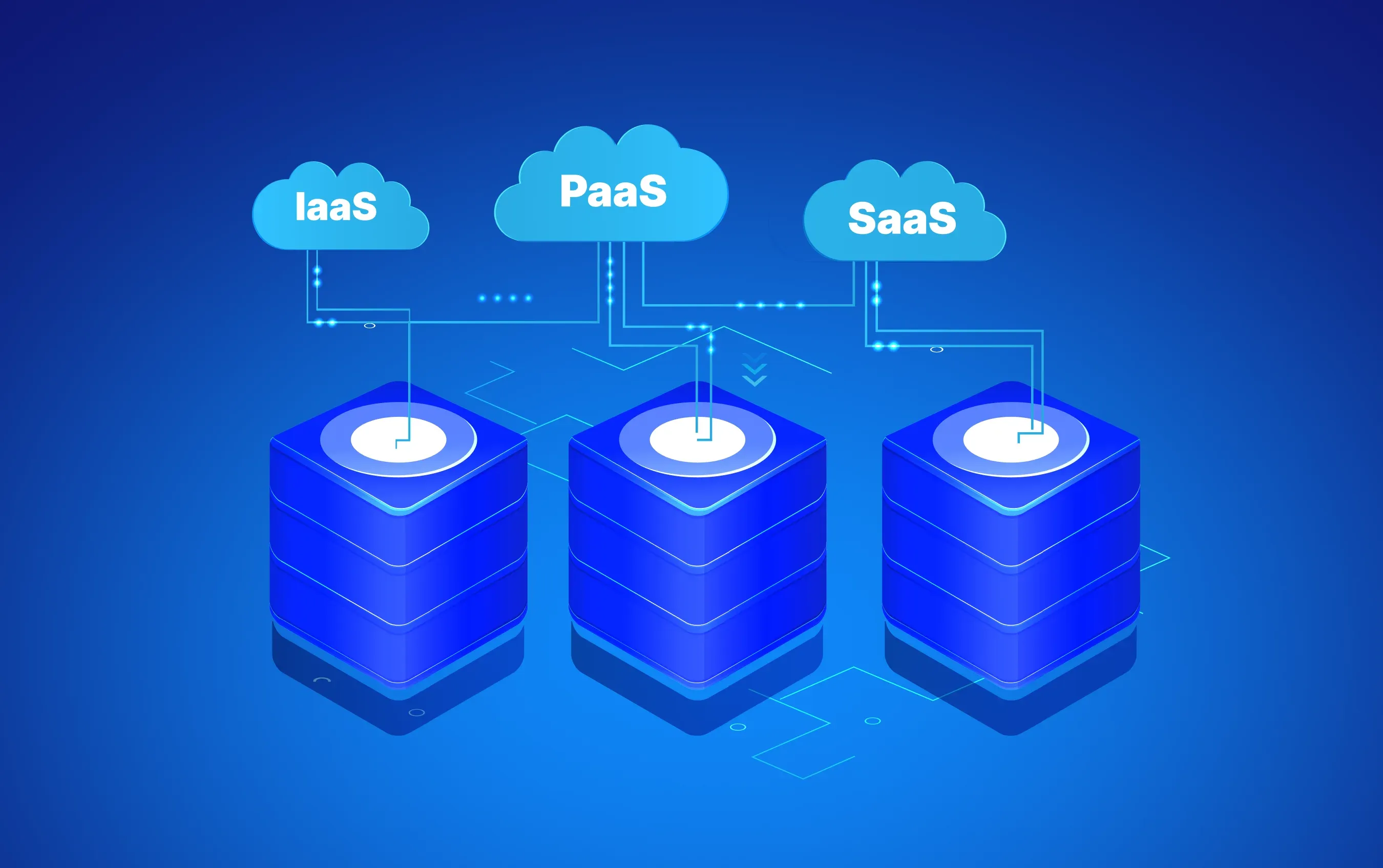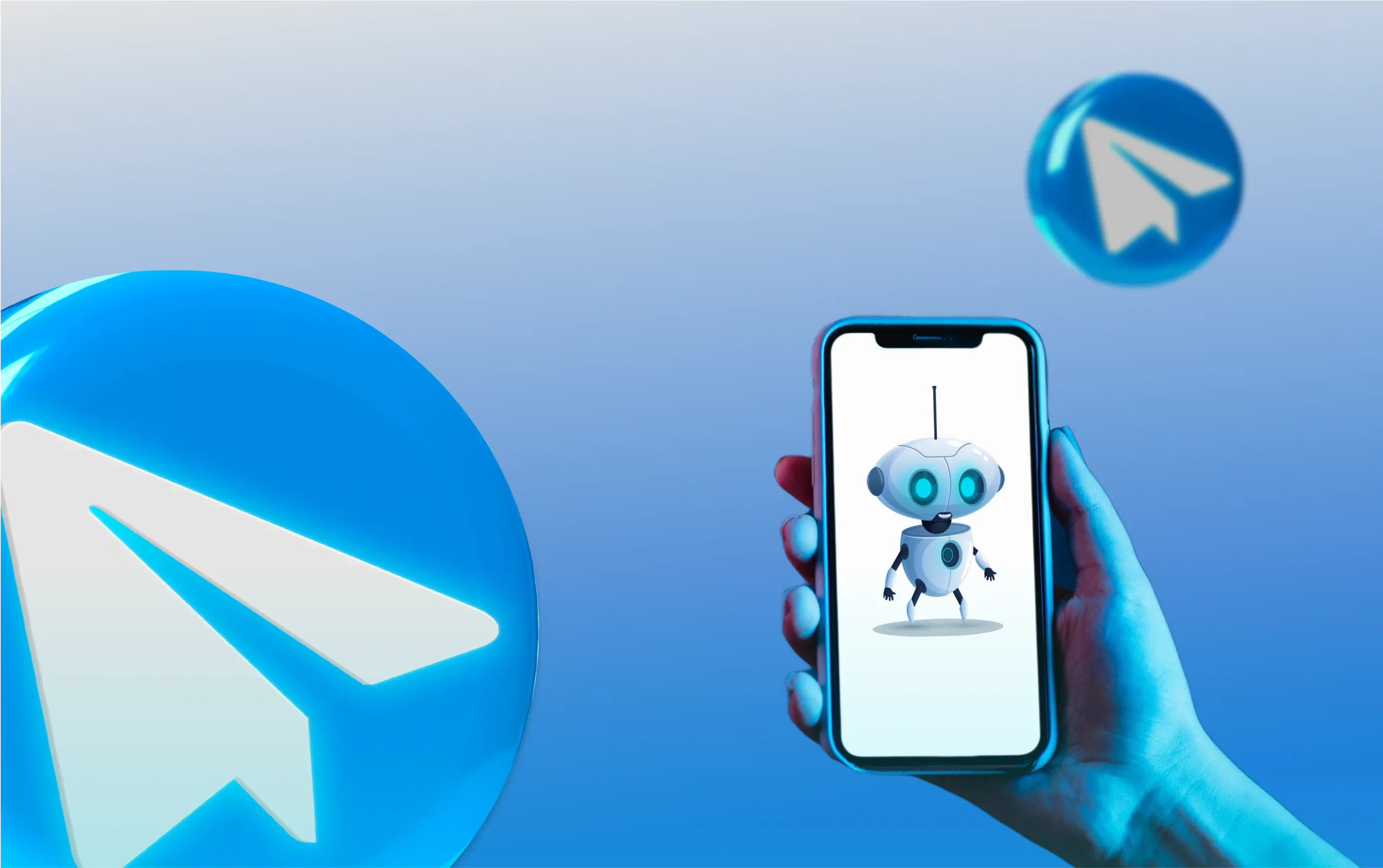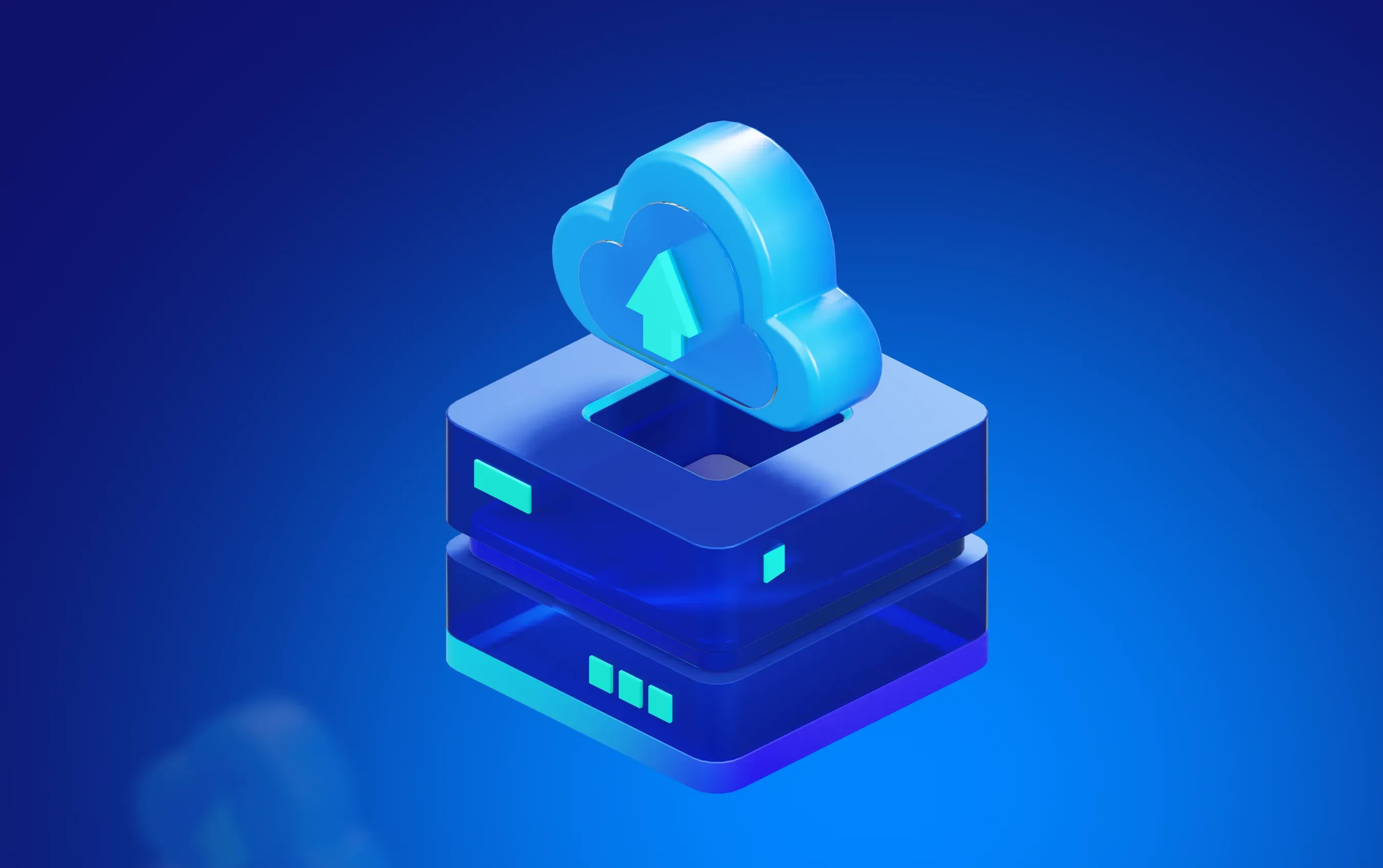
Depending on complexity and team location, web applications typically cost between $20,000 and $80,000, whereas mobile apps typically cost between $40,000 and $150,000.
The majority of MVPs take three to six months to produce, depending on squad size and complexity. With careful preparation and a focus on addressing a single issue with essential features, it is possible to create an MVP in ninety days.
Absolutely. Non-technical founders founded businesses like Airbnb. An MVP technique is used by 72% of startups, and many successful firm owners concentrate on business strategy while working with technology specialists.
Adding too many features instead of focusing on basic functioning. Including the simplest features rather than the most important ones is the most frequent method for an MVP to fail.
Although it is helpful, learning to code is not required. Prioritize market validation, user needs analysis, and efficient technical team communication. According to Gartner's research, companies that used low-code/no-code platforms produced MVPs 50–70% more quickly.
User engagement, retention rate, and confirmation of your fundamental hypotheses are examples of success measures. Approximately 70% of businesses that deploy an MVP report improved user insights, which inform decisions about new product development.
Building an MVP as a non-technical founder in 2025 is not only possible but also growing and streamlined because of modern tools and proven techniques. Through the implementation of strategic feature selection, problem validation, and appropriate development collaborations, you can successfully and economically bring your vision to market. Recall that the most successful MVPs aren't those with the greatest features; rather, they are those that provide the most straightforward solutions to actual problems for actual consumers.





